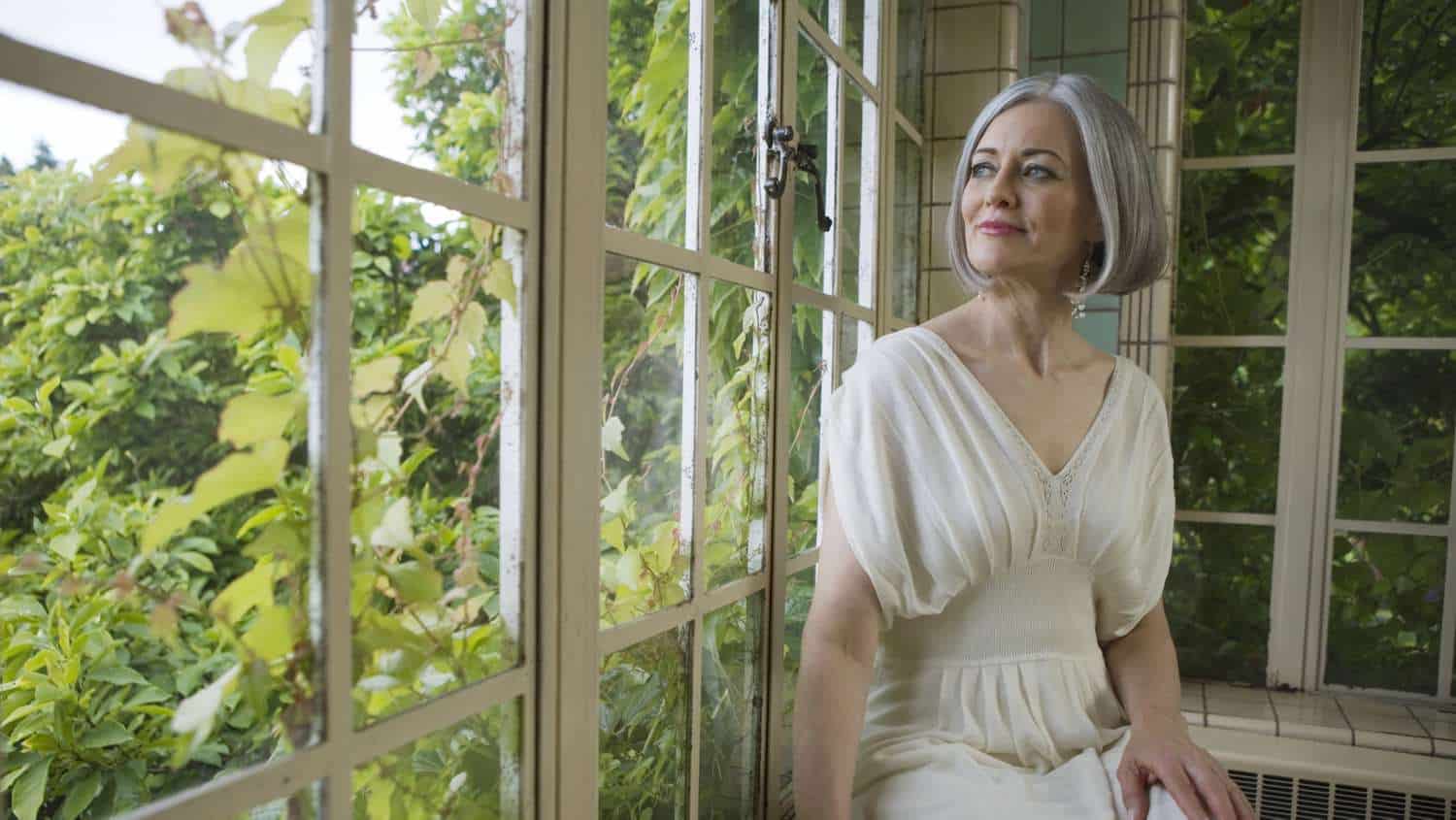
Do You Have a Love Affair with Busy? A Break-up Could Save Your Social Life and Physical Wellbeing
When you ask someone whom you’ve not seen for a while, “How have you been?” you likely hear, “I’ve been so busy.” There is even a sense of pride that often comes with that response.
Busy has become a societal norm, a badge of honor, and even a source of competition. Let’s be clear, you may be busy, but I’m much busier. It’s like there’s a medal ceremony scheduled and a national anthem just waiting to be played.
It’s hard to pinpoint when our infatuation with a frenetic pace began. Perhaps it started with the industrial revolution, when we began to place value on the quantity of production.
That’s a possibility, but only a few decades ago, kids were generally not overly scheduled, and parents rarely compared notes on hectic calendars. No matter the origin, our affection for the state of busyness has been growing and seems to have evolved into a full-blown toxic love affair.
A heavy volunteer schedule, caregiving responsibilities, helping children and caring for grandchildren, or working full time are all good reasons to be busy in the years beyond 60. But how much is too much, and how is the busy pace impacting you and your health?
The Cost of “Busy”
Overscheduled often results in overtired, overstressed, overweight and overwhelmed. Busyness is mainly about doing rather than being, and it can prevent spontaneity, deep conversation, personal growth, and true connection.
So why do we stay on that fast-moving treadmill of overscheduled calendars and endless to-do lists? Is it about people pleasing? Is it due to a symbiotic pairing of “givers” and “takers?” Or at its core, is busy a tactic for avoiding feeling our feelings?
Busyness may be due to fear of being in silence or solitude, which is often when unprocessed, unhappy or uncomfortable feelings arise. Might we be in the habit of giving busyness the job of creating how we feel?
Or maybe it is simpler. Perhaps busy calendars are the result of “because I’ve always done it this way” thinking, or maybe it’s simply due to having many varied interests. In either case, time and energy are finite, and the question is whether you have enough of each to devote to what matters most.
Getting the Biggest Bang for Your “Busy”
Busyness for the sake of busyness is called active stagnation – the exhausting yet familiar hamster wheel of an overscheduled life. The alternative is getting the biggest bang for your busy: set your goals, and then say no to everything that isn’t that.
It sounds simple on the surface, but it requires stepping away from the frenzy, considering what you want for yourself in this chapter of your life, and creating realistic goals. Then examine your calendar and to-do list through the lens of your new goals and eliminate everything unrelated.
Reestablishing expectations (your own, and those of others) is the next step and arguably, the toughest. In truth, when we say, “I don’t have time,” we really mean, “That’s not a priority for me right now.”
Aligning your calendar with your goals means ensuring that you live with purpose and peace, while being in pursuit of the best version of yourself.
But It’s Hard
Changing expectations is hard. If you’re a life-long people-pleaser, putting yourself at the top of your priority list is hard. If you’re a giver, breaking up with the takers in your life is hard. Getting face to face with the feelings you’ve been avoiding is hard.
But constantly running on the hamster wheel of busy is also hard (and unhealthy). Now is a great time to pick your hard. Yes, it’s hard, but is it worth it? Which version of hard will get you to your goals?
How much time and energy do you have for what matters most? Why do you think you are overscheduled? What’s the most challenging part of changing expectations? Or have you already stepped away from an overly busy pace? Please share your thoughts and stories with our community!






